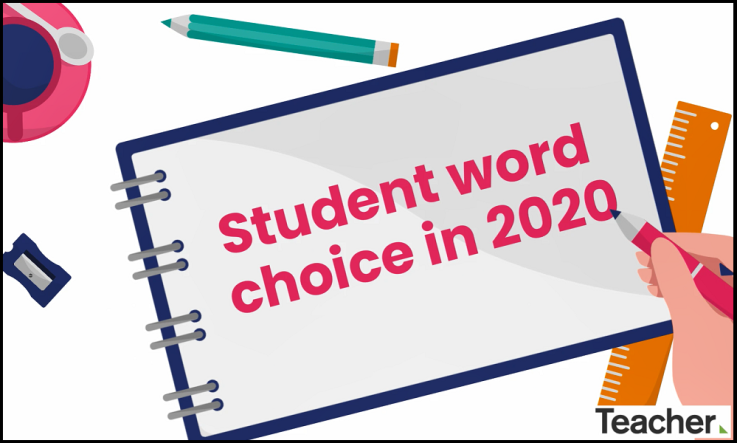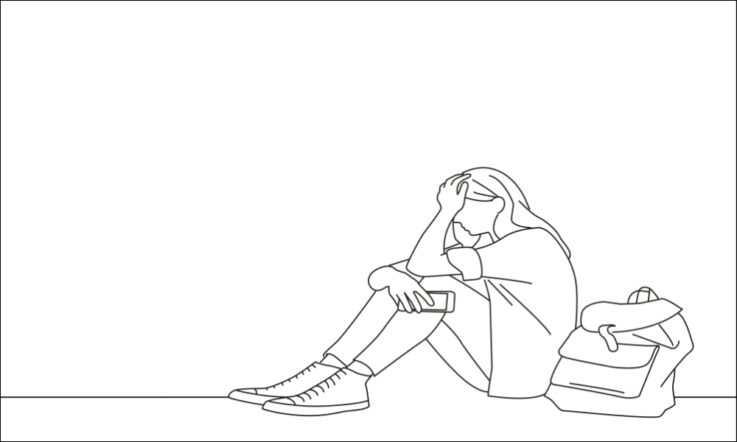Student storytelling can often give a glimpse into what’s happening in their lives, their interests and passions, and the issues that are on their mind.
The latest instalment of the Australian Children’s Word of the Year reveals online safety is a top concern for students. Researchers analysed 87,117 short stories written by students aged 7-13 – more than 7.5 million words – and named ‘privacy’ the Oxford Children’s Word of the Year for 2022.
The data from Oxford University Press, in partnership with the Storyathon online story-writing event, show a clear trend towards language associated with the internet, data protection and online behaviour with ‘information’ and ‘risk’ also making the shortlist, alongside ‘impact’, ‘opinion’ and ‘pollution’.
Flinders University’s Anne Bayetto says student usage of the word ‘privacy’ increased by 397% compared to 2021, when ‘power’ was named Children’s Word of the Year. Unsurprisingly, ‘virus’ topped the list in 2020 as the pandemic changed our lives. ‘Bravery’ took out the title in 2019.
Bayetto says the increase in language associated with online safety is likely due to students being immersed in online learning and virtual networking as a result of the lockdowns and pandemic restrictions. ‘Students are recognising some of the risks of the internet and the importance of protecting their privacy and ensuring that their personal information is safe.
‘As we continue to live with COVID-19 among other unfolding global crises, students are becoming acutely aware of the risks around them. It could be that they are considering risks more often in their lives and how they can protect themselves from these risks.
‘Ethical issues are also raised, with students sympathising with celebrities that have their privacy invaded on a daily basis and have to endure life in the spotlight.’
She adds students also wrote about the need for a private space – somewhere to log off and unwind. ‘Students are reflecting on the value of alone time in their rooms, and the need to balance socialisation time with rest and space. They feel it’s really important to have some time out and recharge.’
Four major themes emerged from the analysis of 2022 stories:
- Ethics – Students used their short stories to explore rights and responsibilities, and the impact their own choices have on others and the world around them.
- Mental health and wellbeing – Students wrote about mental health issues and social-emotional concepts including anxiety and depression, kindness, leadership and confidence.
- Environment – ‘Carbon dioxide’ and ‘pollution’ featured strongly in students’ writing, alongside calls for action on climate change and conservation. Issues such as plastic waste and ocean pollution were on the minds of the young writers.
- Information – Protecting your personal information, researching facts and the impact of the internet were strong themes in the 2022 stories. Students were also mindful about forming their own opinions and respecting the opinions of others in a world where we have access to masses of information.
Safer Internet Day for schools
Tomorrow (Tuesday 7 February) is Safer Internet Day, which aims to ‘raise awareness of emerging online issues and current concerns’. The event is marked around the globe, and here in Australia the eSafety Commissioner has produced lots of resources to help teachers promote online safety in schools to different age groups.
Stay tuned: Australia’s eSafety Commissioner Julie Inman Grant has written an exclusive contribution for Teacher to mark Safer Internet Day, which we’ll be publishing tomorrow.
Understanding the frequency and ways in which students write about themes can be a great way to plan vocabulary lessons. Consider how the themes in this study can be used in your lesson planning.
With your colleagues, consider some key themes to emerge from your own students’ writing. How can you embed these in your own lesson planning in a meaningful way?



